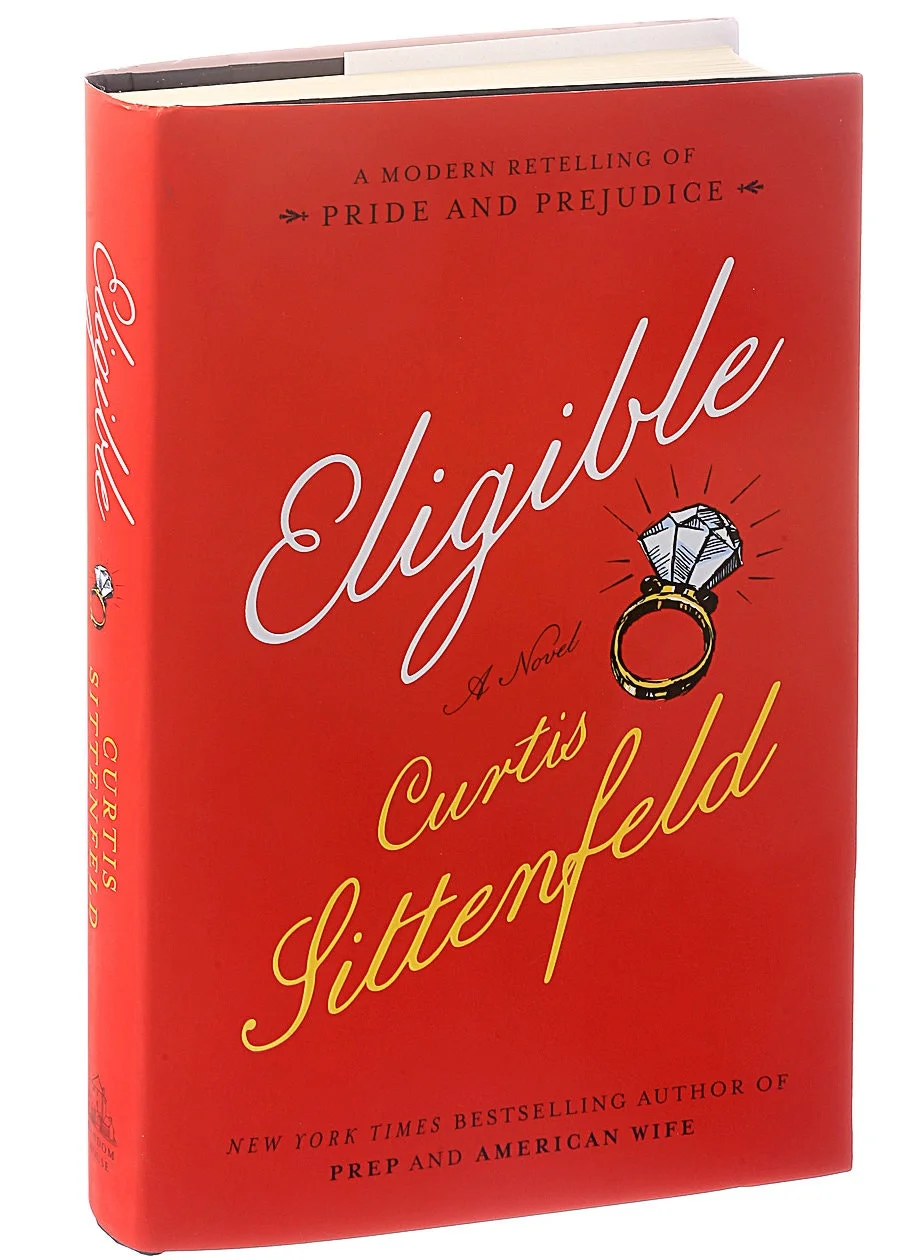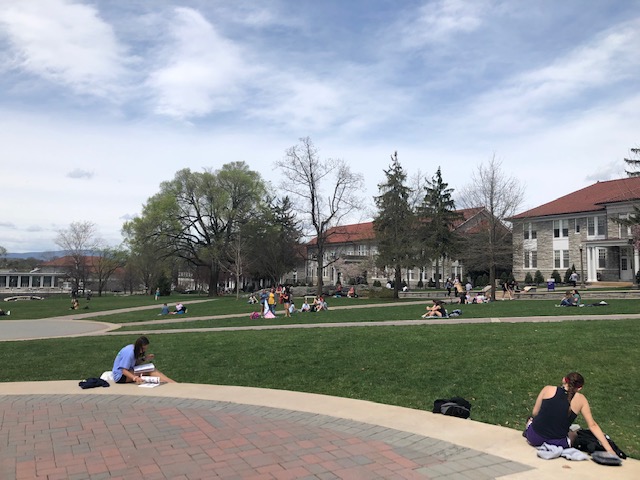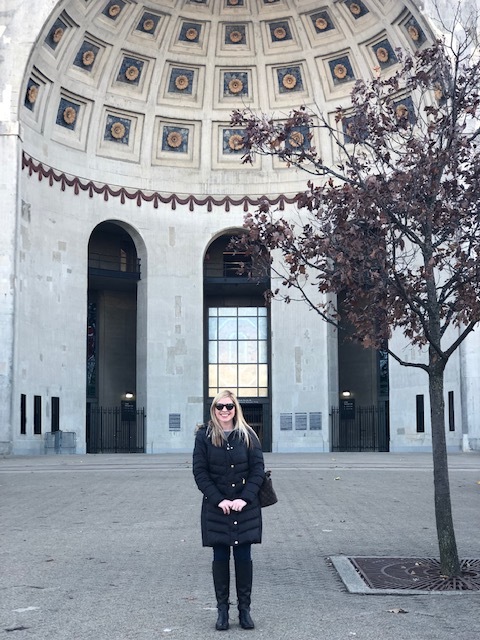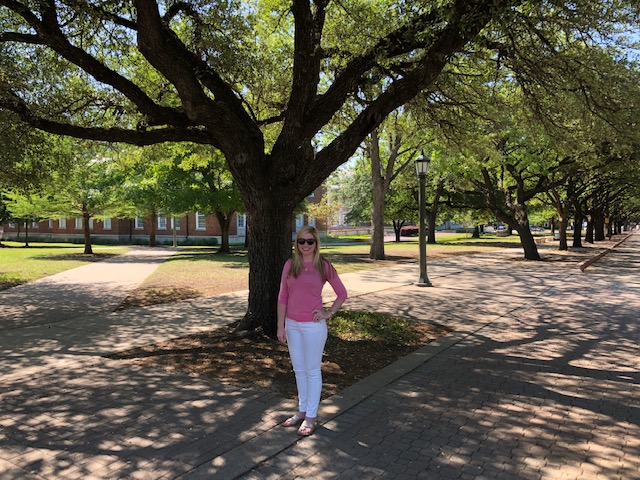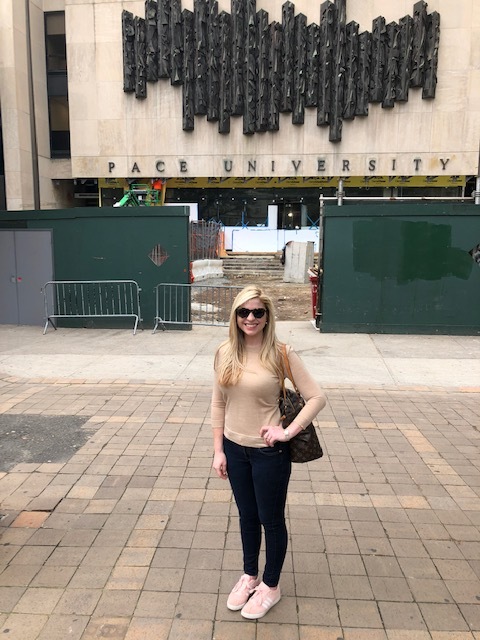I haven’t really discussed this much, or at all, but over the past year I have started providing coaching services to other independent educational consultants. To be honest, it’s been really fun for me- like a “brain break” of sorts from working with teenagers all day (obviously, I love working with my students but sometimes it’s nice to interact with adults too). I didn’t intend to go down this path at all, but other educational consultants kept coming to me for advice and the opportunity just sort of just fell into my lap.
Through these conversations, I’ve been thinking a lot about a lesson I actually learned back during my own freshman year in college. (Little known fact: even though I graduated as an English major, I entered Wash U as an accounting major despite the fact that I hate math and I’m terrible at it. My mom thought accounting would be practical. I mean, she was right, it is practical, but not for someone who is terrible at math!).
I learned in Management 100 that the most successful businesses don’t just do things better than other businesses - they do things differently.
Case Study #1 on Differentiation: Southwest Airlines
If you really think about it, this sort of goes against our natural inclinations - or at least mine. I am a little (ok a lot!) Type A and competitive, and I want to be the best. At everything. If I’m going to be a college counselor, you better believe I’m going to be the best one out there!
That’s not going to result in a successful business, though. The reality, we learned, was that there’s always going to be someone else who can do things faster, better, cheaper. And if there’s not someone better today, there will be tomorrow. The companies thinking outside the box and really differentiating themselves are the ones that win in the long term.
From a business perspective, I’ve always done that with DC College Counseling. Obviously, like I said, I do want to be the best and I think I am :) but I also do things very differently than others. I provide an unparalleled level of project management support that I’ve discussed before. I honestly think I’m the only college counselor in the country that operates this way and it makes a difference in my bottom line. People trust my team to get things done. Or, I should say, people trust us to make sure their kids get things done!
I had a dad call me from his vacation in the South of France last week in a panic. He asked me to call his daughter, a former client, to make sure she took care of something important because she wasn’t listening to him and he didn’t know what else to do. We laughed about it together because it was funny, but at the same time it warmed my heart that to know that he would think to call me of all people. He was right, though: I was able to resolve the whole situation in five minutes. Vacation saved! And that’s why people hire me.
Teenagers can learn from this too. I see so many students trying to be the “best,” but in a really generic way. And again, I can understand and identify with this mentality. But sometimes you have to ask yourself - to what end? Recently I had a student in my office who earned a 1580 on the SAT on the first try (I know, right! Smart kid). I told him not to worry about retaking it. His mom looked at me like I had three heads. I’m sorry, but there is zero reason why that kid should be forced to retake the SAT. He might get in to his top choice school and he might not, but his admissions decisions will have absolutely nothing to do with whether he applies with a 1580, 1590 or a 1600.
Don’t get me wrong - I’m not saying that test scores don’t matter. Not even a little bit. They matter A LOT. You can differentiate yourself all day long and it won’t matter to a highly selective school if your test scores and grades aren’t strong.
It’s just that once you get to the point where you’re already excelling, you don’t need to make yourself crazy by attempting to achieve the tippy-top level of mainstream perfection. Sure, you can take six APs during senior year but there’s always going to be that girl who took seven. Or who self-studied for AP Music Theory on the side. It’s so much better to put that effort into differentiating yourself from the masses.
Here are a few examples of memorable ways that some of my students have differentiated themselves:
An absolutely BRILLIANT student whose resume would put a grown adult’s to shame wrote his college essay about how the best part of his ultra-impressive internship was eating lunch with his coworkers. It was such a funny, amazing essay. I still think about it. 99% of the other kids in his position would have written something really boring about programming to try to look smart.
A current student studied abroad during high school - not just a summer program but actually took it upon herself to enroll at a high school in a foreign country. This isn’t typical at her school at all - she just did it on her own for the experience. How cool is that!
I’ve told this story a million times, but a student with whom I worked a few years back set up this really interesting neighborhood website to connect elderly people needing snow removal with high school students looking to make money. Ultimately it expanded to include babysitters too. It ended up being a HUGE success and he became a local celebrity of sorts, no kidding! I think it took him something like three hours to set up while he was watching tv on a snow day, but now he’s at an Ivy League school.
One of my favorite graduating seniors was actually NOT a perfect straight-A student but was probably the most interesting person I’ve ever met. She has a very unusual interest (so unusual I can’t even really write about it without outing her) and she was able to monetize by turning it into a profitable local business.
Another favorite graduating senior wrote her essay about her favorite reality tv show. IT WAS SO GOOD. It started out with her mom yelling at her for watching “that trashy show” (lol) and led into the unexpected lessons she learned from it. Wow, I loved that essay!
I could go on and on.. but the point is, differentiate! And pay attention in class because you may just remember snippets of useful information fifteen years down the line :)




